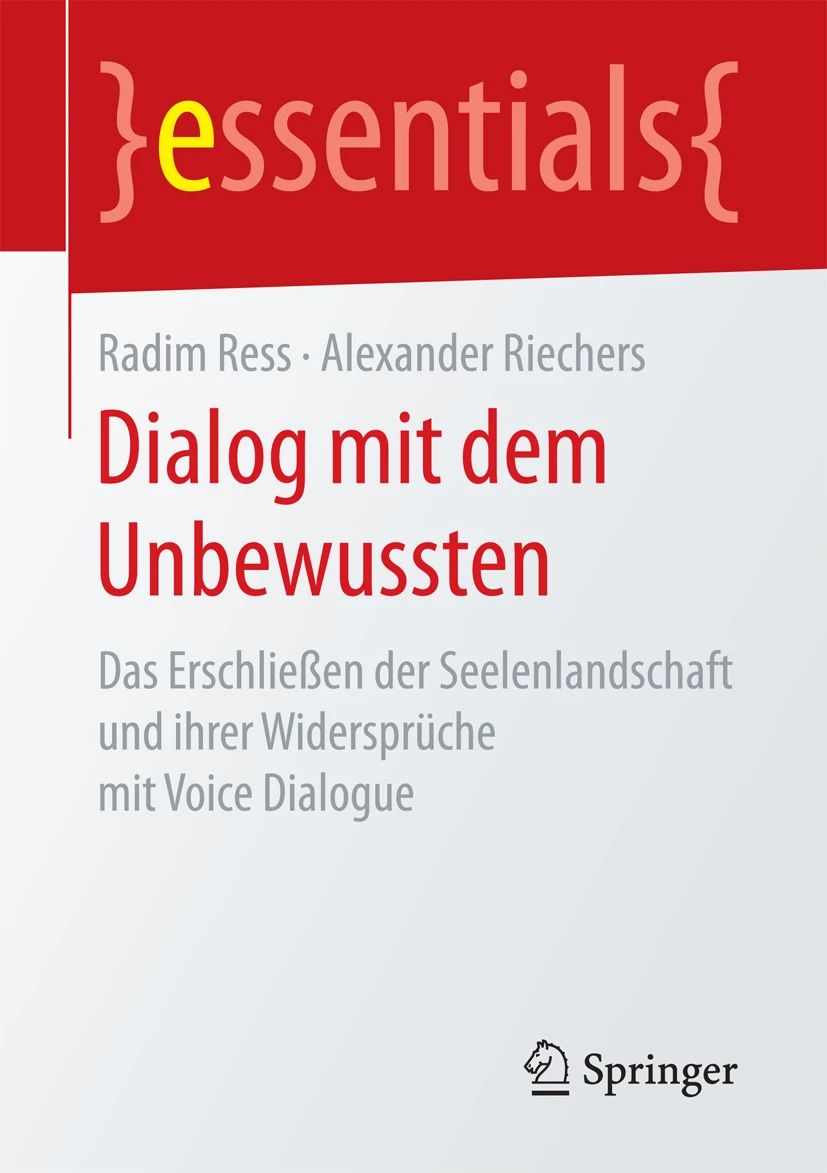
Most company owners and executives desire a “good” and dynamic corporate culture. Often, the focus should be on the customers, who are excellently served by dedicated employees. Ultimately, the result should make everyone happy – good mood, high trust, healthy growth. This is an ambitious claim for leadership and culture. Still, in its essence, it corresponds to an ancient ideal: Mercurius, the god of commerce, developed from Hermes, the Greek messenger of the gods. The winged messenger of good news who masters even the most difficult situations with courage and ease. One who never runs out of energy and can negotiate playfully – the prototype of entrepreneurship. It is not without reason that his image has adorned stock exchanges, banking houses, and marketplaces for centuries – a powerful symbol, but one that is being forgotten today.
Self-Confident and Unagitated into the Future
Why, you might ask, should a figure from antiquity prepare today’s companies for the future? Because it is not old-fashioned, but timeless! And because companies today can benefit more than ever from a culture that confronts a rapidly changing world with a confident calmness. Courage, inventive curiosity, and a word that counts are virtues not tied to a trend, a charismatic figure of light, or technology. What Mercurius stands for is an archetype – the archetype of the honorable merchant. One who understands the market, fearlessly opens up new territory, thus shaping the future. Especially in times of massive upheaval, this traditional ideal can give us peace and orientation again.
The Whole Personality Counts
Filling Mercurius with life, however, requires more than insight and goodwill. His self-assurance and lightness are the fruits of a wholly internalized attitude that runs from his feet to the tips of his wings. The archetype of the honorable merchant stands for authenticity, which cannot be generated half-heartedly or superficially. The whole person is called upon here because “archetypes are complexes of experience that occur fatefully, and indeed their work begins in our most personal life” (C. G. Jung). Specifically, this would mean consciously playing fate’s cards and supporting executives in their development where the source of their vitality lies – in the depths of their personality.
Unconscious Resistance as Hidden Potential
The culture of lightness, therefore, also has a price: the abandonment of the artificial separation of professional and private, of “purely professional” and “too personal.” If you want to have the whole potential, you also have to devote yourself to the whole human being – a being that permanently moves in its existence between rational mind and irrational compulsions, between shaping and destroying.
In the company, this contradictory nature of the human being shows itself above all in resistance. Namely, when even motivated professionals fail to implement clear guidelines, strategies, or what is obviously required. This form of resistance differs from the apparent “no” because, overall, a lot of energy is expended without any substantial movement. There is plenty of discussion, but the issues go in circles, or it’s plodding along. The unused potential shows up in the resistance as a preventing force. Something is holding those involved back or standing between them. And here we have long since arrived at another area of human reality – the countervailing power to rationality, the unconscious.
Cultural Work is a Matter for the Boss
The revival of Mercurius is thus a path that leads into the unconscious structure of the organization. More precisely, into the unconscious levels of those who have a culture-creating effect in the system, the owners and managers. Their behaviors serve as role models and rub off through the hierarchy into the entire company. Their resistance is just as human, but it has a massive leverage effect on the company: wrong or non-decisions that can jeopardize its existence, the “oversleeping” of innovations, or bad appointments that put entire divisions in a precarious position. Sustainable cultural work must, therefore, start at the root causes: dissolving the unconscious resistances of the leadership to transform the potential held back therein into enabling forces.
Inner Shapes as the Key to Unconscious Potential
Here, the path to Mercurius becomes highly individual and starts directly in the unconscious. Thanks to current findings in multigenerational trauma work, there are now fast-acting accesses to the unconscious structural elements of our soul – the Inner Shapes. Their attitudes and beliefs have often been formed over generations, are deeply imprinted in our personality, and unconsciously influence relationships and decision-making processes. As threshold guardians of the soul, they ensure that we hardly or not at all consciously perceive old psychic injuries. If they are nevertheless brought back into vibration by people or events, the associated pain rises to the surface again. To prevent this, the bulkheads are battened down – our system wants to avoid the inner flooding and shows resistance – sometimes so strong that it can briefly break through our consciousness and control our perception. Psychic wounds thus become the starting point of our unconscious compulsions and blind spots, as well as the urge to avoid renewed pain, mostly with qualities that are even desired by leaders: high perception, strong will, flexibility, perseverance, and toughness. However, if they are driven by compulsion and urge, they exhaust the organization “top-down” and remove its lightness.
With Interest and Method to Mercurius
Therefore, the transformative path to Mercurius always begins with one’s own Inner Shapes. It is challenging, but those who are courageous here will be rewarded: compulsion and urge give way in favor of free flow, whether in the form of decisiveness, clear vision, creativity, empathy, or simply pure joy in doing.
Every manager can make a start on this goal for him- or herself. Namely, they can take an investigative stance toward their own resistance. Don’t fade them out or fight them, but learn to recognize the protective intention of the unconscious behind them. This, in turn, is helped by a deep interest in one’s own and one’s family’s biography. What has happened, what should never happen again, which qualities have been formed, which have been lost? Methods such as management constellations and voice dialogue, which work directly with the unconscious, can additionally deepen one’s own reflection. They illuminate, individually and in the leadership team, when and where the unconscious will of the inner shapes stands in the way of the ease and determination of action.
Leaders attuned and positioned in this way also meet their employees with honest interest. Conversations can safely become deeper and more meaningful because being human precedes professionalism. This is precisely why the willingness to perform increases, because: “Here I can be whole, here I want to perform to the fullest!” With this essential attitude, the path to Mercurius is not far away.


